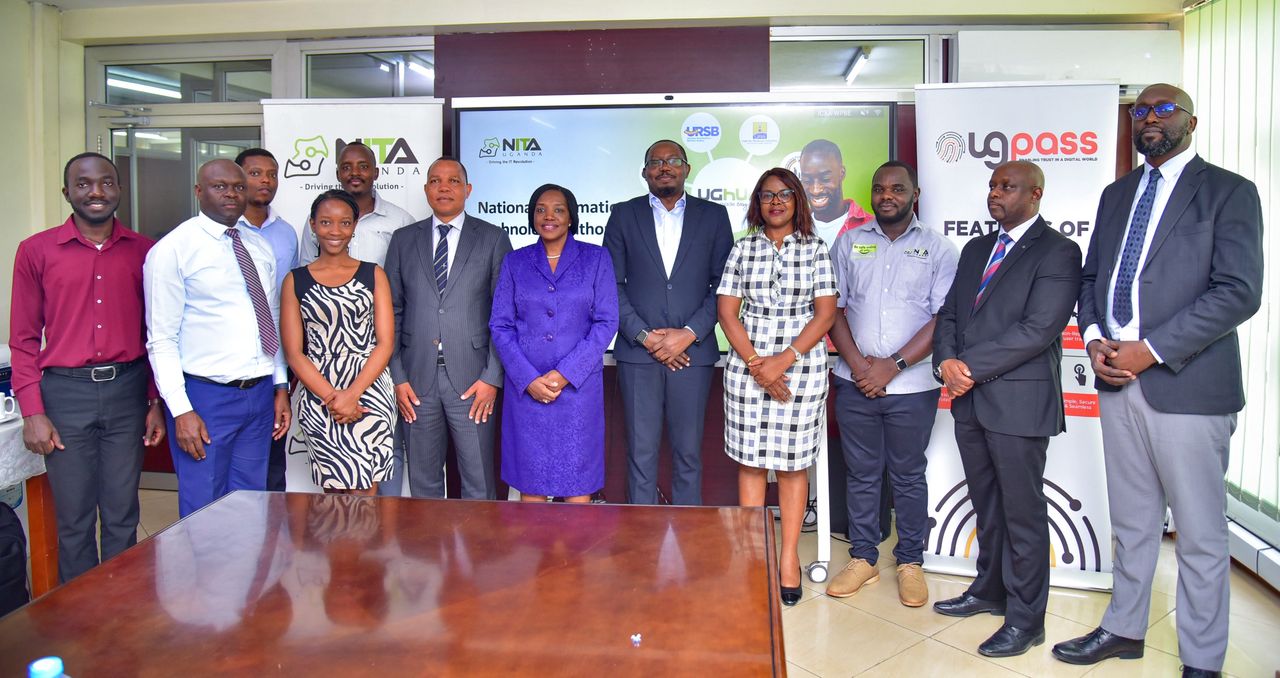Uganda could add Shs 15 trillion to its gross domestic product (GDP) by 2030, if the country institutes the right digital policy reforms, a just released report by GSMA has revealed.
The report launched on the sidelines of the GSMA Digital Africa Summit Uganda, taking place in Kampala, states that with the necessary reforms, Uganda could connect 4 million more citizens to the internet, thereby creating 1.79 million new jobs, and generating Shs 14.6 trillion in additional economic value by 2030.
GSMA is a global organization that brings together mobile telephony ecosystem players to discover, develop and deliver innovations, to create positive business environments and societal change. The global association aims to unlock the full power of connectivity so that people, industry, and society thrive. Its memberships include mobile phone operators and organizations across the mobile ecosystem and adjacent industries.
The report entitled Driving Digital Transformation of the Economy in Uganda – Opportunities, Policy Reforms and the Role of Mobile, notes that although the country’s connectivity is growing, three out of four Ugandans live within mobile broadband coverage, but still do not use it. It notes that this usage gap is driven by barriers such as the high cost of entry-level smartphones, unreliable energy supply, sector taxes that impact affordability and limited digital skills.
“Overcoming these challenges is vital to ensuring that every Ugandan can connect, participate, and prosper in the country’s digital future,” it notes.
The country’s strategic development frameworks- the National Development Plan IV (NDP IV) and the Digital Uganda Vision 2040 (DUV) envision inclusive growth and ensuring every Ugandan benefits from the digital economy.
According to Uganda’s Digital Transformation Roadmap, the ICT industry so far contributes only 9 per cent to the national GDP, employing over 2.3 million people (mostly young people). This growth, however, continues to expand at an impressive annual rate of 14.8 per cent. The top sectors contributing to Uganda’s GDP include Services (43.1 per cent), industry/manufacturing (24.9 per cent), agriculture (24.7 per cent). These four account for 90 per cent of total GDP. ICT falls within the services sector.
GSMA analysis shows that Uganda currently has 96 per cent 4G population coverage and 11.46 million unique mobile internet users, equivalent to 22 per cent of the total population and 48 per cent of adults. This progress, the report notes, supports the country’s NDP IV 2030 goal of achieving 70 per cent national broadband coverage and 45 per cent internet usage.
Collaborative policy action can make
Uganda’s mobile sector a cornerstone of the country’s digital transformation – connecting people to education, healthcare, and financial services, and creating new opportunities for entrepreneurs across both urban and rural communities. It also provides the digital backbone for growth in key sectors such as agriculture, tourism, manufacturing, and services.
Uganda has already established solid foundations for its digital economy, with clear strategies under the NDP IV, the DUV, and the roadmap. The GSMA notes that the country’s policy direction is well aligned with its ambitions, but reaching the next stage of digital adoption will require greater policy predictability, affordable access, and long-term investment in innovation and skills.
Angela Wamola, Head of Africa at GSMA, said “Uganda’s digital transformation is about people – enabling every citizen, entrepreneur and community to thrive in a connected economy. By making access more affordable and policies more predictable, Uganda can ensure that digital progress delivers for everyone.”
The report calls for a renewed partnership between government, industry and development partners to ensure that every Ugandan can benefit from digital progress. This collaboration is centred on five priority reforms designed to expand connectivity, enhance inclusion and strengthen Uganda’s long-term competitiveness in the digital age.
Nyombi Tembo, the Executive Director of the Uganda Communications Commission said, “Uganda’s communications journey has evolved significantly, from waiting in line at post offices for landline calls to now having 45.7 million active mobile subscriptions and smooth video chats. These figures reflect inspiring stories of empowerment: a farmer reaching new markets, a student in Karamoja learning coding online, and a health worker consulting with patients remotely.”
“At Uganda Communications Commission, our mission is to regulate in support of growth, foster innovation, and safeguard consumers, turning every connection into an opportunity. Through efforts such as the Universal Service and Access Fund (UCUSAF), we are working to close the digital gap by linking schools, health centres, and communities in rural Uganda,” he said.











